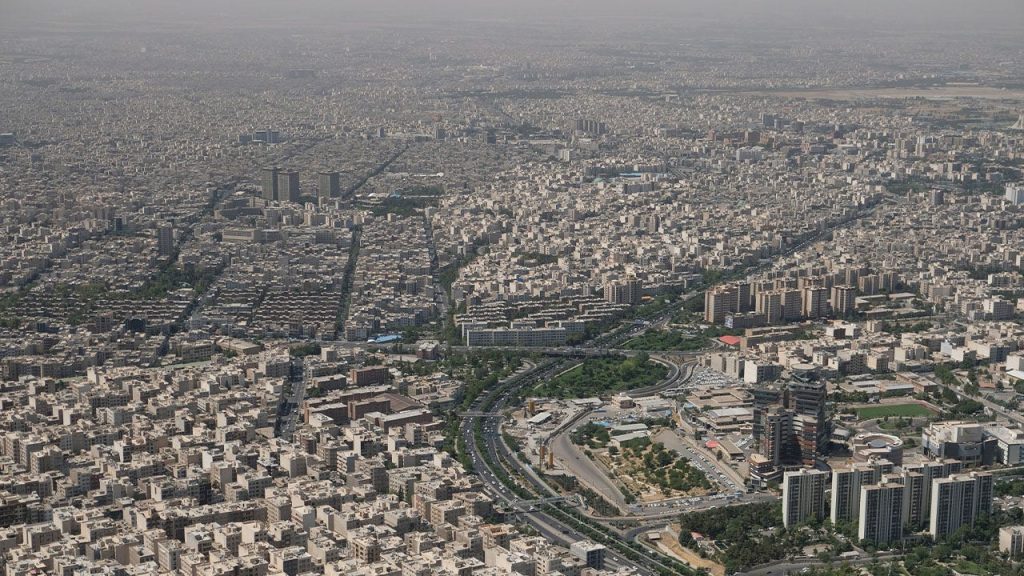Iran state media removed a report on Wednesday that indicated authorities were closing airspace over Tehran in response to warnings from American and Israeli sources of an imminent attack on Israel. The Mehr news agency took down the report that had cited the Iranian defense minister as saying air traffic had been suspended over Tehran due to military drills. This came amid reports that the U.S. and its allies believed Iran or its proxies were planning to strike Israel in retaliation for an airstrike in Damascus that killed a senior Iranian military figure.
Iran’s Supreme Leader Ayatollah Ali Khamenei promised to retaliate against Israel for the attack on its consulate in Damascus, which he described as an attack on Iranian territory. He criticized both the U.S. and Britain for supporting Israel in its conflict with Hamas in Gaza. Israeli Defense Minister Yoav Gallant warned that anyone who attacks Israel will face a strong defense, emphasizing Israel’s ability to respond decisively to attacks from any location in the Middle East. Meanwhile, Foreign Minister Israel Katz issued warnings that Israel would strike Iran directly if the Islamic Republic launched an attack from its territory against Israel.
The escalating tensions between Iran and Israel come amid ongoing conflict between Israel and Hamas, with the conflict entering its seventh month. Israeli forces have been engaged in fighting with Hamas following the group’s attack on Israel, resulting in numerous casualties on both sides. The Hamas-run Health Ministry in Gaza has accused Israel of responsibility for the deaths of thousands of Palestinians, though Israel disputes these figures. Both sides have issued warnings and threats regarding potential future attacks, with Israel emphasizing its readiness to respond to any threat with a strong defense.
In his remarks, Ayatollah Khamenei reiterated Iran’s intention to retaliate against Israel for the attack on its consulate in Damascus, describing it as an attack on Iranian territory. He also criticized Western governments for supporting Israel in its conflict with Hamas in Gaza. Israeli leaders, including Defense Minister Gallant and Foreign Minister Katz, have issued warnings that Israel will respond strongly to any attacks or threats, with the ability to strike Iran directly if necessary. The ongoing tensions between Iran and Israel, combined with the conflict between Israel and Hamas, have raised concerns about potential further escalation and military action in the region.
The removal of the report about closing airspace over Tehran indicates a shifting and evolving situation in the ongoing tensions between Iran, Israel, and their respective allies. The reports of potential attacks and promises of retaliation highlight the volatility of the situation and the potential for further conflict in the region. The conflicting narratives and threats issued by both sides underscore the complex and delicate nature of the relationships and power dynamics at play in the Middle East. The involvement of outside actors, such as the U.S. and Britain, adds another layer of complexity to the situation, with potential implications for regional stability and security.
As the situation continues to develop, it will be important to monitor the actions and statements of all parties involved to assess the potential for further escalation or de-escalation of tensions. The ongoing conflict between Israel and Hamas, combined with the threats and warnings issued by Iran and Israel, underscores the need for diplomatic efforts to prevent further violence and instability in the region. The role of outside powers, such as the U.S. and Britain, in supporting their respective allies adds another dimension to the situation, with the potential to either exacerbate or help resolve the conflict. Ultimately, a peaceful resolution to the tensions between Iran, Israel, and other regional actors will be essential for the stability and security of the Middle East.


